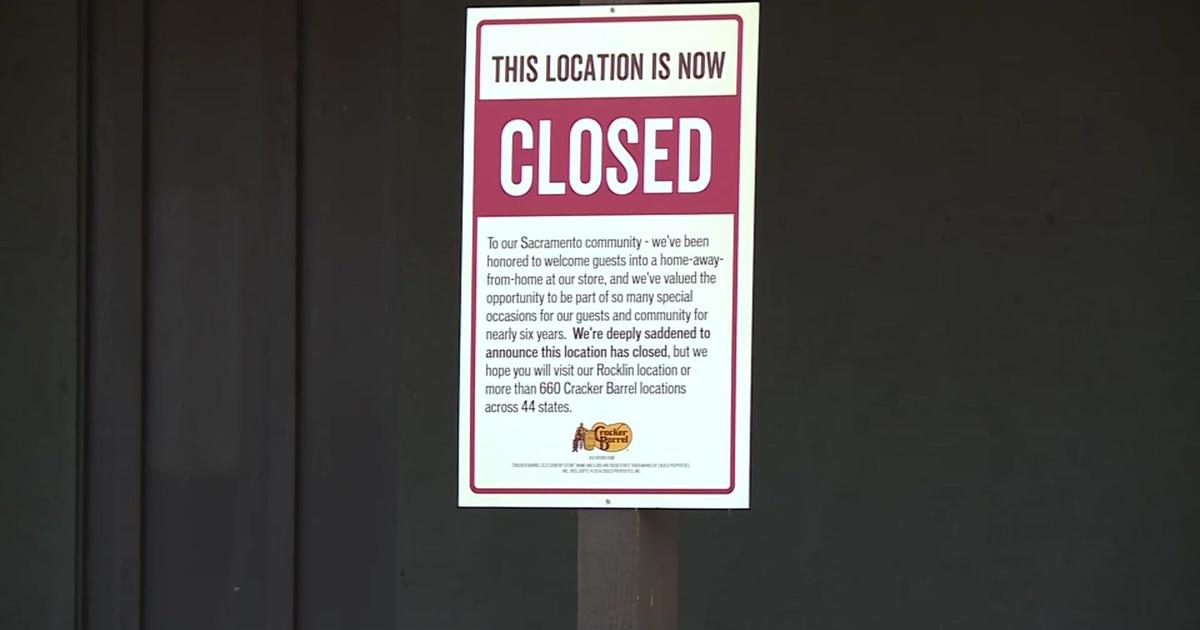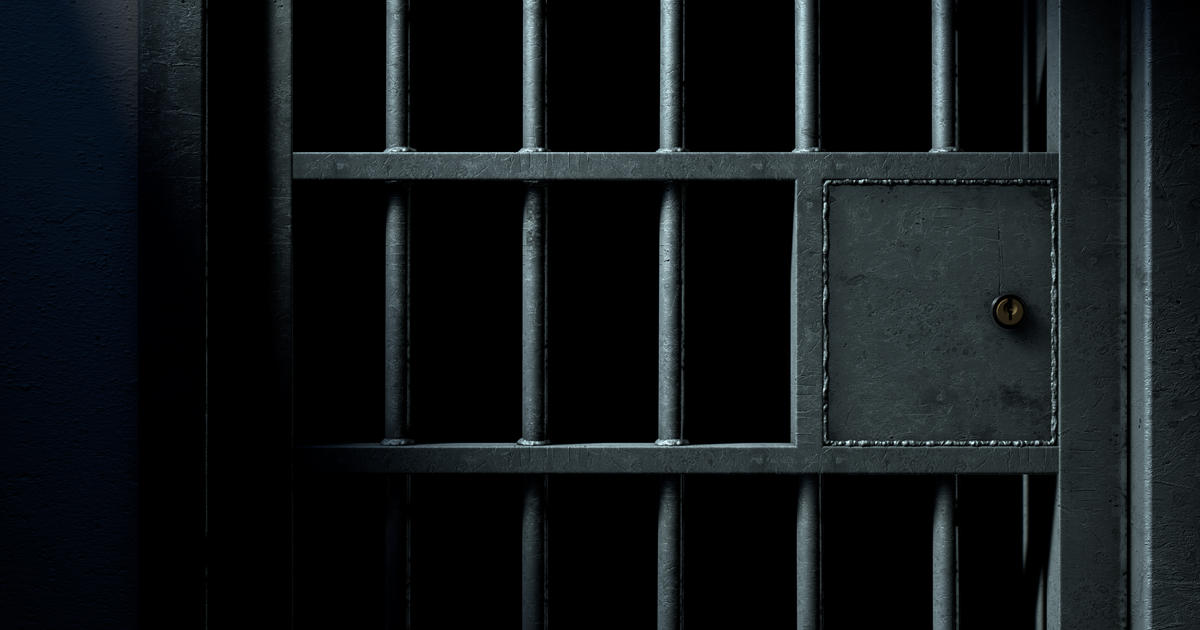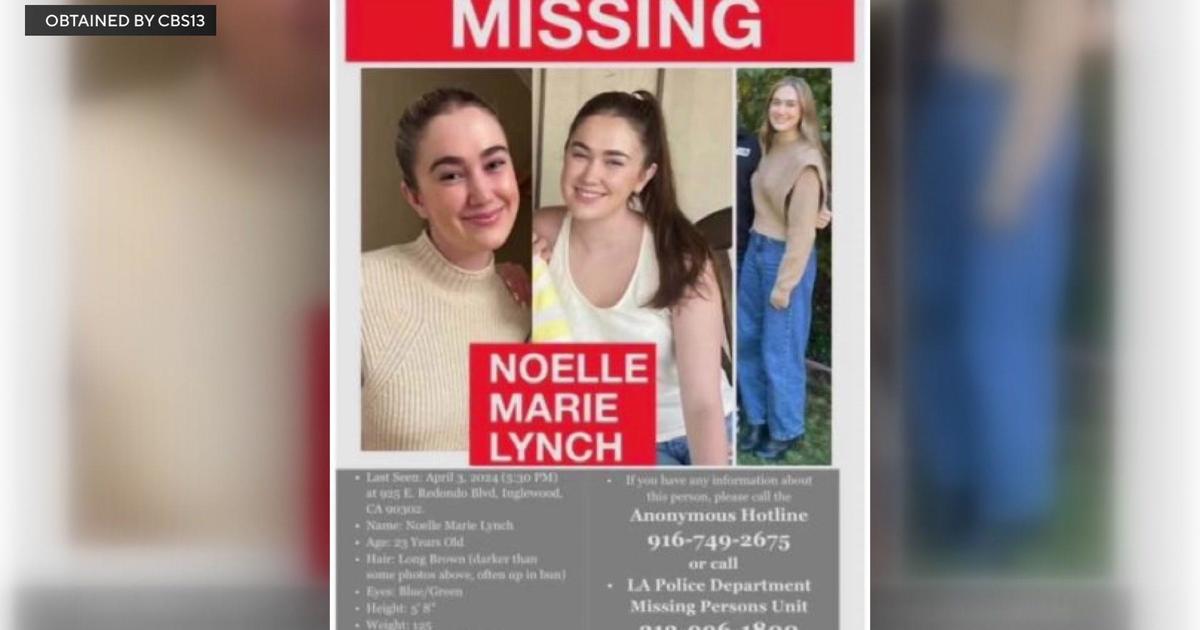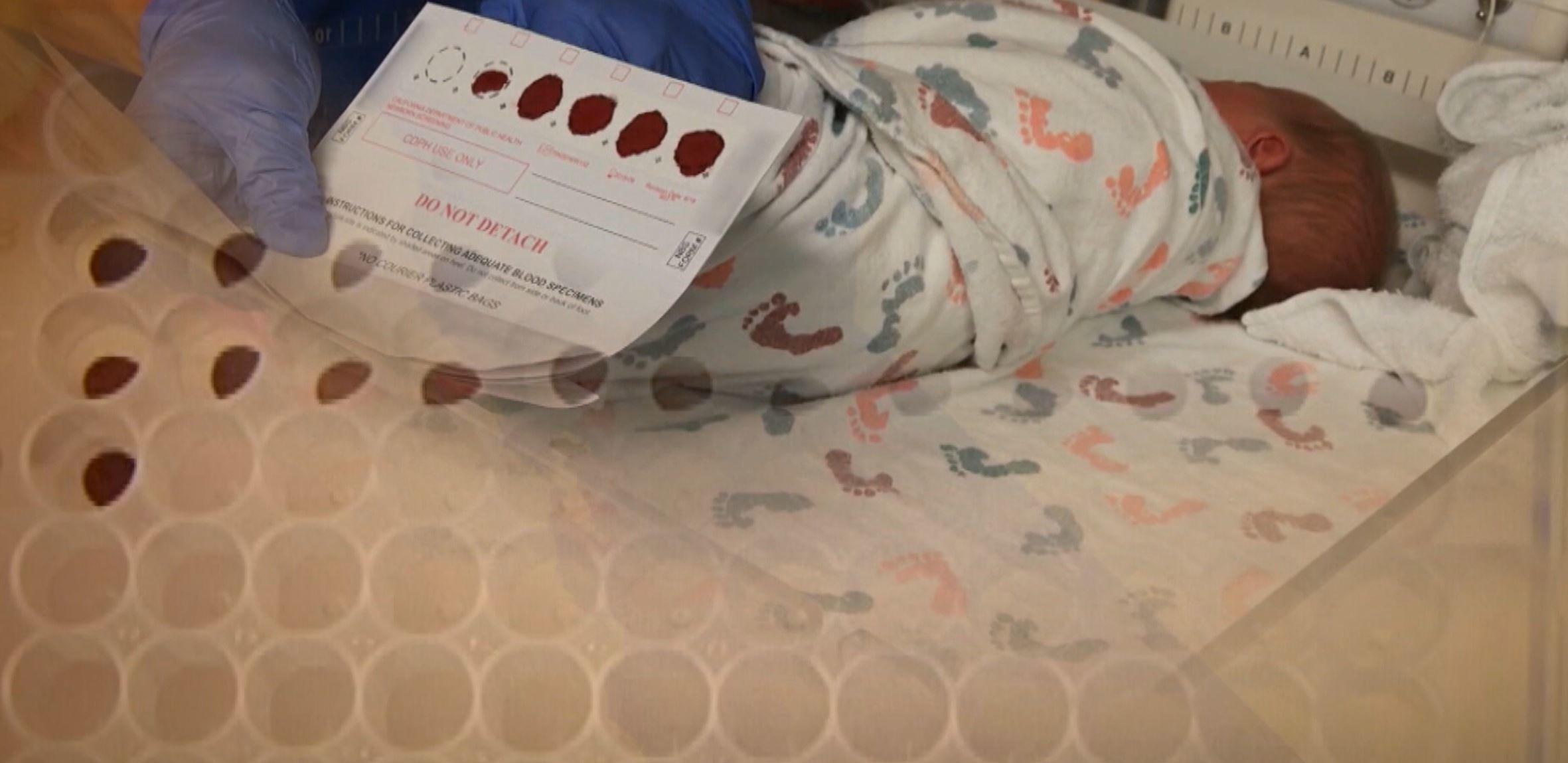Gov. Brown Says Prison Crisis Is Over, State Should Resume Control
SACRAMENTO (CBS13) - Federal investigators have said California has a serious prison problem, but Gov. Brown disputed that claim Tuesday and he's calling for changes in where and how we now house our most violent criminals.
"Our prisons are not overcrowded," he said at his Tuesday press conference.
Not, at least, by the governor's definition. But there is no doubt they were. The state has reduced the number of prisoners by 43,000 since 2006. Now Brown says the court order demanding the release of another 10,000 this summer is no longer necessary.
"Our system is meeting the highest standards of health care and mental health care," he said. "For that reason there is no justification for the federal court to say you can only hold a certain amount of people in the prison.
"There's no question that there were big problems in California prisons," he added. "After decades of work, the job is now complete."
Advocates for the prisoners agree improvements have been made, but argue the state is still a long way off from providing adequate care.
"The health care in California's prisons remains terrible," said Rebekah Evenson, an attorney with the nonprofit Prison Law Office. "It remains well below constitutional standards. Prisoners are dying and are committing suicide at alarming rates."
It was those sorts of dismal conditions that prompted mentally ill inmates to sue the state in 1991, eventually leading a panel of federal judges to order the state to reduce the population of its 33 adult prisons by about 33,000 inmates, to a total of 110,000 inmates, by June. The court's 2009 order was upheld by the nation's high court in 2011.
The state won't meet that deadline despite sending thousands of less-serious offenders to local jails instead of state prisons under a 14-month-old state law designed to reduce crowding and prison spending. The change has reduced California's inmate population so much that Texas now has a larger prison population, though Texas has about 12 million fewer residents.
Evenson also argues there's still not enough medical staff at state prisons. While Brown admits there were problems, he concedes the system will never be perfect.
"Most people in prison get better care for mental health problems or physical well-being inside the prisons then they'll get once they are released on the streets," he said.
The law alone reduced the prison population by nearly 25,000 inmates. In addition, corrections officials say as many as 2,800 third-strike career criminals could be released after voters required that the third strike be a violent or serious felony.
Brown argued the state can't do more without endangering public safety, and shouldn't have to comply with an arbitrary cap.
Brown's administration said in court documents filed overnight Monday that it could meet the court's current population cap only if the federal court waives numerous state laws and "orders the outright early release of inmates serving prison terms for serious and violent felonies."
Stanford University law professor Joan Petersilia, co-director of the Stanford Criminal Justice Center, expects the judges to reject Brown's challenge, but said the judges would do well to consider the state's improvements as well as the more violent criminals left in state prisons.
"We've kind of let out the low-hanging fruit and this next bunch is a much different group," said Petersilia, who has been studying the transition of lower-level criminals to county jails.
Brown said the state can no longer afford to spend billions of dollars on "gold plate" prisons that could be going to education, child care and other priorities. Salaries soared under a federal overseer with the power to hire and set pay levels, with some prison medical staff paid more than twice the statewide average.
"We've gone on a hiring binge. We've thrown out the civil service book, we've thrown out the salary restrictions. Pay them more than the governor! Do whatever you have to satisfy these problems," Brown said. "Common sense says, 'Enough.'"
A federal judge is already moving slowly to end a court-appointed receiver's control of prison medical care because of improved conditions, Brown noted. The administration filed a court motion to also terminate a different judge's oversight of inmate mental health care, arguing in part that further federal involvement tramples on state sovereignty.
Brown ended a 2006 emergency proclamation by former Republican Gov. Arnold Schwarzenegger that let the state send thousands of inmates to private prisons in other states. Brown's move cleared the way for them to be returned to California starting in July.
"California is a powerful state. We can run our own prisons. And by God, let those judges give us our prisons back. We'll run them right," Brown said.
(The Associated Press contributed to this report.)



